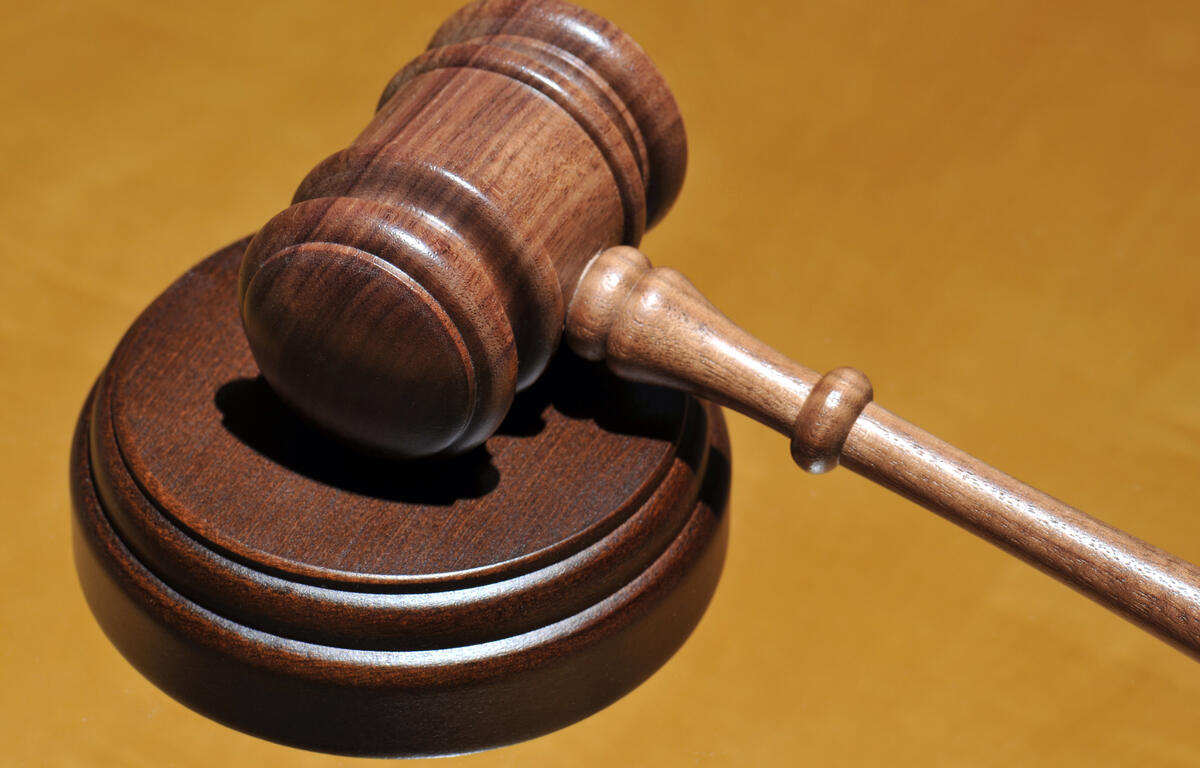CHARLOTTESVILLE, VA. (CVILLE RIGHT NOW) – Christopher Darnell Jones Jr.’s legal team has not made any decisions on a possible appeal following Jones being sentenced to five life terms for shooting five University of Virginia students, three fatally, in November 2022, according to one of Jones’ attorneys.
“I am personally disappointed in the severity of his punishment, while acknowledging that he deserved to be harshly punished,” Charlottesville public defender Nick Reppucci, who led Jones’ defense, told Cville Right Now in an email on Monday. “Christopher had an incredibly challenging life and despite the violence he unleashed, I believe him to be redeemable. He was 22 years old when this event occurred and will now almost certainly die in prison. This is profoundly sad. The fact that he caused unfathomable harm and suffering, does not negate that an entire adult life spent in prison is very sad.”
Friday, Albemarle County Circuit Court judge Cheryl Higgins sentenced Jones to the maximum possible penalty, the five life sentences plus a mandatory 23 years for related firearms charges.
Jones pled guilty to three counts of first-degree murder for shooting and killing UVA football players Devin Chandler, Lavel Davis Jr. and D’Sean Perry, and two counts of aggravated malicious assault, for shooting and wounding former football player Michael Hollins and another student, Marlee Morgan.
Prosecutor Jim Hingeley declined to comment on the verdict, telling Cville Right Now in an email, “What victims and victim family members said was far more significant than anything I could say.”
During an emotional five days of sentencing hearings, the court heard from a string of witnesses who recounted the horrors of that day, Nov. 13, 2022, when Jones opened fire on his victims onboard a charter bus as it returned to UVA from a field trip to Washington D.C.
But the court also heard from witnesses who recounted Jones’ upbringing, one of abuse, neglect and struggles with mental illness, factors Reppucci hoped would prompt the judge to show a measure of leniency in sentencing Jones.
“Obviously, Christopher caused horrific and permanent harm,” Reppucci said. “That said, there was substantial evidence that his conduct took place during a period of pronounced mental illness which resulted in paranoia and cognitive distortions. As result, his ability to perceive the world around him accurately or appropriately was severely compromised.”
By pleading guilty to reduced murder charges in November 2024, Jones became eligible for geriatric parole.
During closing arguments, after Reppucci implored the judge to show “mercy” to Jones, assistant commonwealth attorney Susan Baumgartner responded by saying, “the plea (deal) was the mercy.”
Legal experts told Cville Right Now that Jones would not have been eligible for geriatric parole had he pled guilty to the original charges of aggravated first-degree murder.
But Reppucci indicated the prosecution did no favors for Jones with the plea deal.
“As a practical matter, it is extraordinary unlikely that Christopher will receive geriatric parole,” Reppucci said. “The number of prisoners that have received geriatric parole in Virginia is an exceedingly low number when one considers just how many elderly people are incarcerated in Virginia’s prison system.”
By taking the plea agreement, Jones avoided a trial, one that would have been excruciatingly painful for the victims’ families but would have answered many lingering questions about the case.
His sentencing hearing last week helped fill in many of the blanks, but also raised some new questions.
Chief among them, it was revealed that Jones texted an academic mentor, Xavier Richardson, while on the bus. He told Richardson, in the text messages, that people had been “messing with him,” and that Jones was going to end up in “jail or hell” for what he was going to do in response.
It does not appear Richardson, who first met Jones during Jones’ senior year at Petersburg High School, notified anyone about the messages.
Richardson, a board member at UVA’s School of Education and Human Development Foundation, testified he did not know Jones was on a UVA field trip and did not know what to make of the text messages he received that day.
“I thought it was a problem he was having with some of the young men from Petersburg,” Richardson told the court.
The hearing also revealed a possible motive for the crime, with prosecutors detailing that a student Jones had previously had sexual intercourse with was on the trip, and spending time on the bus with the football players who would end up being Jones’ victims.
It was when Jones learned that his female student would be on the trip, that he went back to his vehicle to retrieve the firearm he used in the shootings.
Body camera footage entered into evidence revealed that a University of Virginia police officer stopped Jones on campus, not far from the crime scene, just five minutes after the first 911 call was received about the incident.
In the video, Jones feigns surprise at the news of what happens, denies having been on the bus and pulls up his shirt – at the officer’s request – to show he is no longer carrying the gun.



